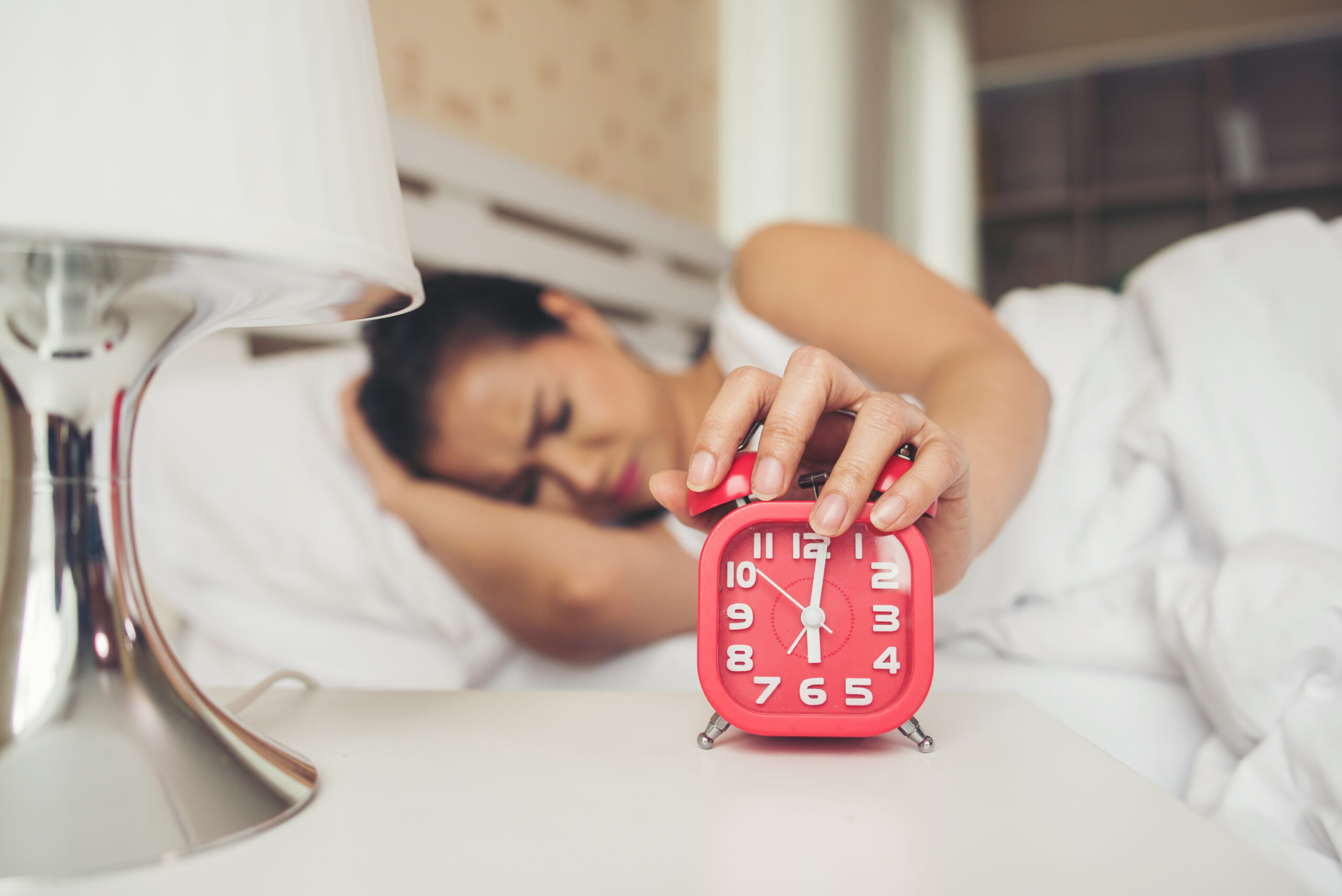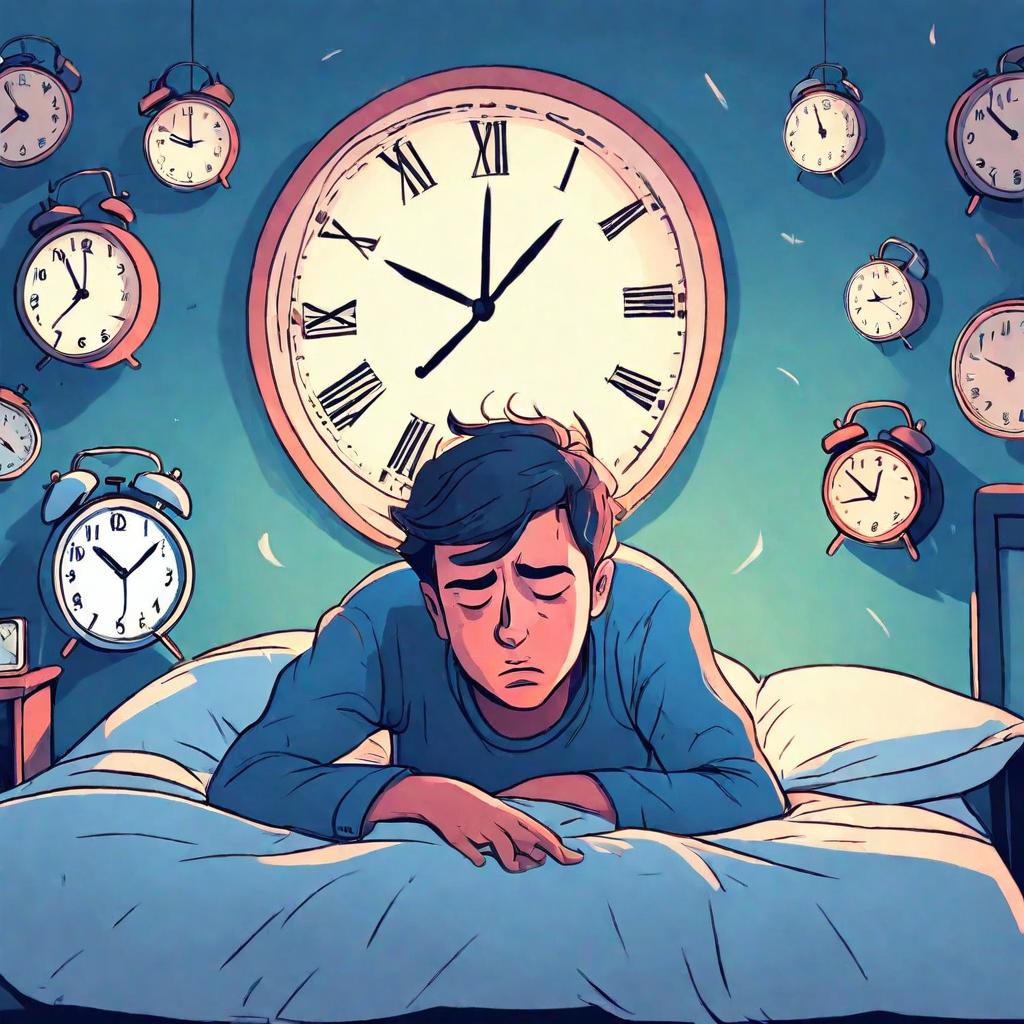
This is an introduction to our guide on recapturing your lack of sleep quality as fast as you can, exploring the method to regain your sleep, and resuscitating your mind and body. In the modern fast-moving world, as far as sleep deprivation is concerned, it has become a frequent and bothersome trouble for many of us, leading to a very exhausted and unproductive lifestyle. However, get rid of the dread, because there are strategic ways you can apply to regain your power and again be in full control of your life. Take the journey with us through ten of the proven methods of the experts to help you cope well and get over nighttime sleep losses.
I. Understanding the Effects of Lack of Sleep

Lack of sleep can take a toll on various aspects of your well-being.
A. The Toll on Physical Health
- Increased risk of heart disease
- Weakened immune system
- Metabolic problems and excess weight accumulation
B. Impact on Mental Well-being
- Mood swings and irritability
- Mental health conditions such as anxiety and stress combine to become major concerns for students.
- Impaired decision-making and focus
C. Consequences for Cognitive Function
- Memory problems
- Reduced creativity and problem-solving skills
- Decreased productivity and performance
II. Quick Fixes to Boost Energy Levels
A. Power Napping Strategies
- Limit nap duration to 20–30 minutes
- Find a quiet and dark environment for napping
- Avoid napping late in the day to prevent disrupting nighttime sleep
B. Stimulating Morning Routines
- Start your day with natural light exposure
- Engage in light exercise or stretching
- Hydrate with water or a cup of green tea
C. Energy-Boosting Snacks and Beverages
- Opt for nutritious snacks like nuts, fruits, or Greek yogurt
- Avoid sugary and caffeinated snacks close to bedtime
- Stay hydrated throughout the day with water or herbal teas
III. Creating a Sleep-Friendly Environment
A. Optimizing Your Bedroom Setup
- Make sure that your bedroom is cool, dark, and quiet enough that your body can adjust easily to sleep.
- Allot money for a supportive bed and featherbeds to substantiate a comfortable rest.
- Disconnect your phone from the batteries and make the bedroom an electronics-free zone.
B. Establishing a Relaxing Bedtime Routine
- Wind down with a warm bath or shower
- Read a book or listen to calming music before bed
- Practice relaxation techniques like deep breathing or meditation
C. Avoiding Sleep Disruptors
- Set the usual screen time limit before heading to bed.
- Avoid eating large meals, caffeine, and alcohol, at least before going to sleep.
- Stick to a regular bedtime as well as the rise whenever possible, even while taking weekend rest.
IV. Incorporating Physical Activity for Better Sleep
A. Benefits of Exercise on Sleep Quality
- Improves sleep duration and quality
- Reduces symptoms of insomnia and sleep disorders
- Releases endorphins for improved mood and relaxation
B. Best Workouts for Promoting Sleep
- Cardio exercises, for instance, include going for a walk, running, or biking.
- Resistance training can be done with weight machines or bodyweight moves, as long as they are done systematically, progressing to a higher level of complexity.
- Some activities, like yoga or tai chi, which are relaxing by themselves, may be quite helpful.
C. Timing Exercise for Optimal Sleep Results
- Set the goal for early morning/daytime workouts.
- Avoid vigorous exercise close to bedtime
- Experiment with different exercise routines to find what works best for you
V. Mindfulness and Relaxation Techniques
A. Stress Management for Improved Sleep
- Identify and address sources of stress in your life
- Practice stress-relieving activities like journaling or hobbies
- Consider therapy or counseling for persistent stress and anxiety
B. Meditation and Deep Breathing Exercises
- Set aside time for daily meditation or mindfulness practices
- Practice deep breathing exercises before bed to promote relaxation
- Use guided meditation apps or videos to help you unwind
C. Incorporating Yoga into Your Daily Routine
- Finding a yoga class or training for it via the internet are some of them.
- Focus on gentle yoga poses that promote relaxation
- Practice yoga before bed for a restful night’s sleep
Summary
Incorporating simple lifestyle changes, healthy habits, and relaxation techniques can help you quickly recover from the effects of sleep deprivation and feel rejuvenated.
FAQs for How to Recover From Lack of Sleep Fast
How does sleep deprivation affect physical health?
It can weaken your immune system, increase the risk of metabolic issues, and contribute to weight gain.
What mental health issues can arise from not getting enough sleep?
Sleep deprivation can lead to mood swings, irritability, anxiety, and impaired decision-making.
What quick fixes can boost energy levels after a lack of sleep?
- Power Napping: Nap for 20-30 minutes in a quiet, dark place.
- Morning Routines: Get natural light exposure, do light exercise, and hydrate.
- Healthy Snacks: Eat nuts, fruits, or Greek yogurt, and avoid sugary snacks.
How can I create a sleep-friendly environment?
Ensure your bedroom is cool, dark, and quiet. Invest in a comfortable mattress, remove electronic devices, and establish a relaxing bedtime routine.
What are common sleep disruptors to avoid?
Limit screen time before bed, avoid large meals, caffeine, and alcohol close to bedtime, and maintain a regular sleep schedule.
What yoga practices are best for sleep?
Gentle yoga poses that promote relaxation can be beneficial. Practicing yoga before bed can help prepare your body for restful sleep.
How can I manage stress to improve sleep?
Identify stress sources, engage in stress-relieving activities, and consider therapy or counseling for ongoing issues.
Can lifestyle changes help recover from sleep deprivation?
Yes, incorporating healthy habits and relaxation techniques can help you quickly recover from the effects of sleep deprivation and feel rejuvenated.









Leave a Reply